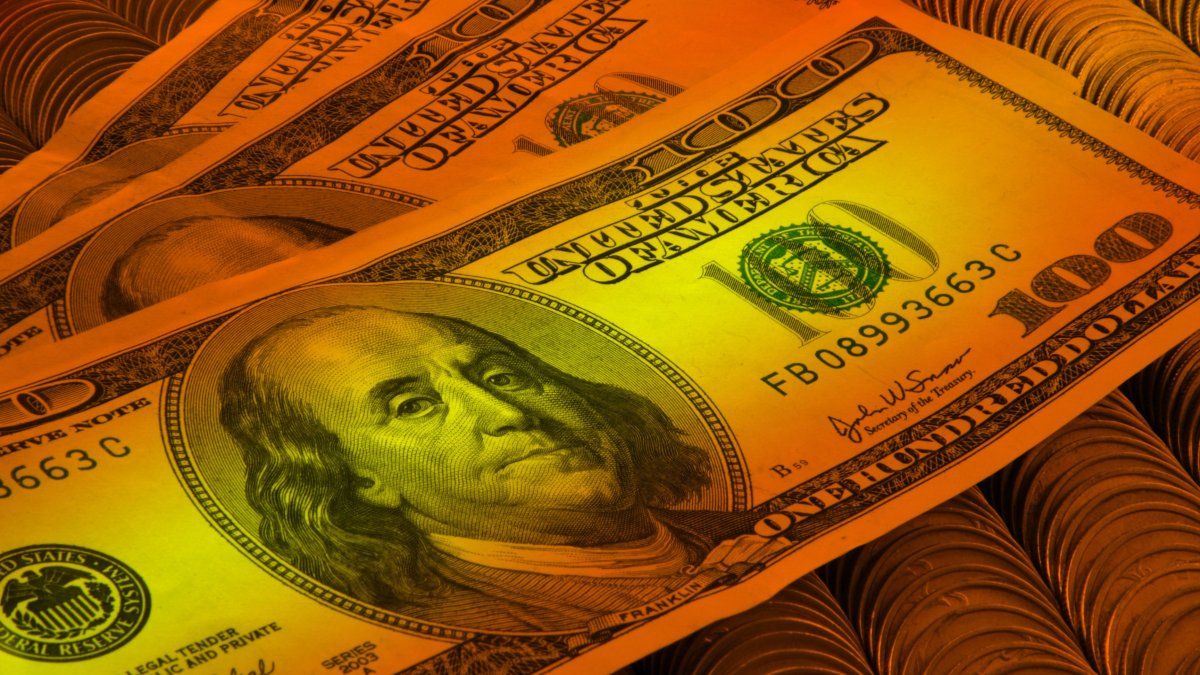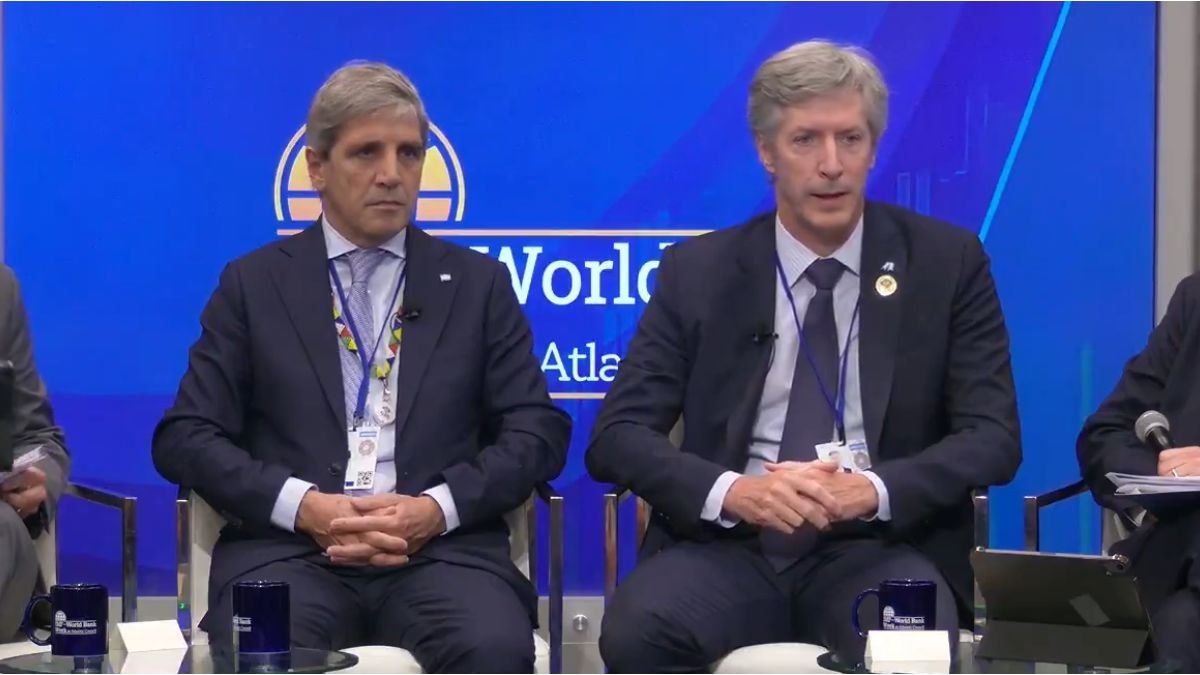“In his previous administration, Trump hinted at a protectionist race and some countries like China compensated for it by depreciating their currencies. That would put some noise on us, because the multilateral exchange rate, the dollar, would become complicated for us and would put even more pressure on what refers to competition with the rest of the world,” said the specialist.
In dialogue with Radio Rivadavia, the chief economist of FIEL also raised alarms about a possible increase in the interest rate that would impact debt service.
However, Artana pointed out that currently, even under the mandate of Democrat Joe Biden, the numbers are not particularly beneficial either.
“With Biden we have a strong exchange rate and a high interest rate. If you look at a graph that compares, for example, the price of the dollar in the United States, the interest rate and the consequences of that on the price of soybeans , the worst moment is now. Can it get worse? Yes, too, and it would be very bad news if that happens,” he noted.
For his part, the economist Fausto Spotorno, who was a member of Milei’s advisory board, warned that the continuity of the stocks generates complications in convincing the financial markets to access Argentine bonds “without taking risks.”
But he also maintained: “Almost nine months later, the market began to buy the possibility that the Government would effectively maintain fiscal balance and with that bonds and stocks began to rise.” He explained that this would allow the bonds to continue rising.
“If the entire bond market is larger than the entire Argentine financial system, you need the international financial market for that to revalue, but as long as you have exchange stocks, access to the international financial market is much more limited,” he warned.
“To the extent that the Government gets closer to the possibility of getting out of the stocks, then the bond market will also begin to move,” he said.
According to Spotorno, the total lifting of the restrictions will be during “the first quarter of the year” and he specified that after this measure “(the dollar) will not be close to 1600/2000 pesos, closer to 1100 or 1200 it could go. I think that this release from the stocks is going to work quite well,” he said.
In addition, he argued the reason why the exchange rate is behind and detailed how this variable can impact.
“When one looks at the historical exchange rate in Argentina from the 20th century to now, today’s price is closer to 1,300 pesos, so one can think that there is some delay. However, this can be maintained for a long time, As Keynes says: ‘The market can remain irrational longer than you can remain solvent,'” he illustrated.
Finally, he put a warning light on the external accounts for 2025. “We see that exports are not going to show great expansion and if imports are going to be expanding, that would generate a hole due to a lack of dollars in the economy,” he concluded.
Who also gave his opinion was the financial analyst Claudio Zuchovicki, and recommended that “savings began to make sense” and, in the context of investments, “the worst thing you can do is do nothing.”
Looking ahead to next year, the specialist indicated that the annual inflation rate will reach 20%, the interest rate will reach 25% and there will be a devaluation close to 20%. “Everything performs very similarly, so you maintain purchasing power, but you don’t earn money,” he explained.
At the same time, with a “still dollar” and interest rates of 30% annually (fixed term and money market), he recommended “taking risk in the year of the real economy”, that is, 2025. “It is not buying shares and I’m full of money,” clarified the financial expert.
However, he stressed that “the capital market is about listening to the future”, so “you should never disrespect the past” and “never invest more than 30% of your assets.”
In addition to this, he considered that “the market appreciated (stocks and bonds)” and there are investment instruments that have already reached a ceiling. “Everything that is energy, mining and construction in companies is going to have a good path. But it serves to beat inflation, you are not going to be saved,” he indicated.
However, he observed that “there are Argentine bonds that yield 10% annually in dollars.” For new generations, he also advised paying attention to credits for the purchase of durable goods such as real estate.
“If this is going to stabilize, it is time to take a little risk. I was always against private property in Argentina, but the replacement value of a property is much higher. If the rent is going to cost you the same capitalize the mortgage,” he said.
Another guru who spoke in the last few hours is Salvador Distéfano. He predicted that “the stocks will not be lifted yet because the Government does not have the amount of dollars necessary to satisfy people’s demand,” but said that “it is not a problem.”
“It is an important factor for decision-making,” he stressed and revealed what should happen before moving forward with this measure.
“I think it is more likely that the blend dollar and the PAIS Tax will be eliminated first, and many restrictions that Argentina has with foreign trade will be terminated,” he stated.
Furthermore, given the scenario, he recommended to companies: “Before it was convenient to accumulate stock, today it is more convenient to rotate the merchandise and capitalize the company. If before it was convenient to take debt in pesos, today it is preferable to take debt in dollars. If before you saved in dollars , today I have to save on financial instruments and capitalize the company”.
Source: Ambito
I am a 24-year-old writer and journalist who has been working in the news industry for the past two years. I write primarily about market news, so if you’re looking for insights into what’s going on in the stock market or economic indicators, you’ve come to the right place. I also dabble in writing articles on lifestyle trends and pop culture news.




